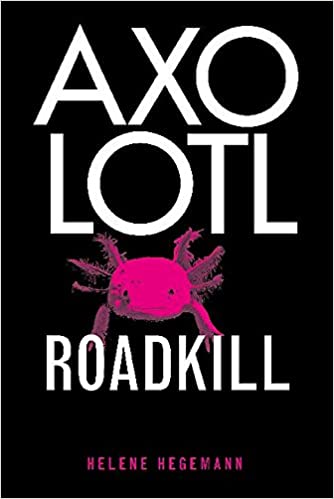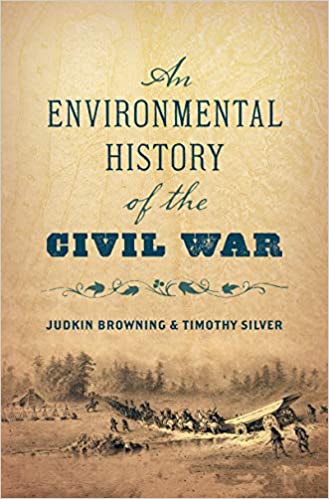A major theme that appears when studying the copyright laws and trademarking is intellectual property rights. Throughout the readings for this week, each author states how copyright laws originates from our free culture which “supports and protects creators and innovators.” Daniel Cohen and Roy Rosenzweig point to how the Founding Fathers intended for copyright law to promote learning, rather than hinder creativity. Copyright, most would argue, protects your intellectual property and what you create. However, it can be easily argued that it also prohibits that same creative process in an indirect manner. T. Mills Kelly cites a young German author Helene Hengemann, who commits numerous copyright law infractions in her book Axolotl Roadkill. But the author defends her work by claiming “there’s no such thing as originality anyway, just authenticity.” Though this may seem like a clever way to get around fraud, I think this brings up a key point when dealing with copyright law and digital history. While copyright law helps to keep in place of system of ethics around our work, it can lead to some pitfalls that hold our work back. We need to protect and ensure credit is given when due, but also ensure that we can continue to foster an environment for creativity to foster and grow.
‘”There were 14 sentences that I took from a blogger and modified,” she says. “Suddenly they were rubbishing the entire book. Critics who had feted me were suddenly distancing themselves completely. But I think they were looking for a way to neutralize me and debilitate me as an author, and the plagiarism claims were the approach path for allowing them to do that.”’
Interview of Helene Hegemann: ‘There’s no such thing as originality, just authenticity’. Conducted By Kate Connolly

I want to stress, I am not encouraging for students to left even just 14 sentences from a historians’ work and not cite the work. However, I do think Mills Kelly makes a compelling point when she says “history as a discipline has become a bit too stodgy for its own good. It seems to me that we are taking ourselves a little too seriously of late…” We have become obsessed with minute details that turn people away from our work. Historiographies are the best example of this. When we ask undergraduates to research a history of a historical topic, citing all different arguments and approaches to the proper scholar, it is no wonder we are considered to boring elitists. Again, this is an extremely important tool for a historian to have, to see how historians have interpreted an event, but I think we become bogged down in comparing historians’ work rather than noting the development of the topic. I think the point of our work as historians should be collaborating to find the best means of historical interpretation, instead of just reciting past attempts.

This leads to another important point that Kelly brings up: collaboration. Kelly notes that in their class Lying About the Past, “the students also learned that the creation of history is a collaborative endeavor.” In creating their believable fake narrative about a pirate, students had to work with each other in a variety of ways. I think copyright laws, trademarks, and policies on manipulation have weakened our ability and even desire to collaborate. Though these laws seemingly originated to promote learning and creativity, it really has spurred an idea of wholly original and independent work that is not beneficial to the field of history. As Kelly‘s class demonstrates, the best and most convincing work derives from collaboration. In fact, two of our history professors at Appalachian State, Dr. Silver and Dr. Browning, just released a collaborative environmental and military history on the American Civil War. By utilizing each other, our past work, and current ideas, we as historians can produce the most efficient history. I think Digital History provides a pathway for this. As Cohen and Rosenzweig show, it can be difficult to cover all of our bases with copyright law. But, the malleability and collaborative nature of the field make this easy to correct and continue safely producing work.
3 replies on “Creativity and Collaboration ™”
I really like your point about collaborating to find the best means of interpretation rather than just copying what’s been done before. And I totally agree that this insistence on doing history “the proper way” has contributed to a perception of elitism.
I do wonder how to solve this problem, though. Like you say, I don’t think we can just throw all academic standards to the wind and ignore instances of potential plagiarism. At the same time, I do fear that if standards are loosened, it’s a slippery slope to where academic integrity doesn’t matter at all.
I understand Helene Hengemann’s point as there is a theory that there are no new ideas just new people to have those ideas and new details to add to those ideas. She is also not wrong as most plot lines are taken from other works and not original to those who write them, the genre where this is most evident is the field of dystopian novels. However, it is important to cite as historians work for months or even years on papers they want to publish. The question remains how can we encourage others to build on historians work freely, without the original historian losing their credit for completing the original work?
I think the way to ensure that we continue to credit people’s work but encourage people to work freely is to change how our field recognizes developments in the field. Instead of being obsessed with achieving tenure which calls for releasing books and articles under your name, we should approach a more collaborative system. Individuals will still get credit for their work, but we shouldn’t be bogged down with the minute differences in work.